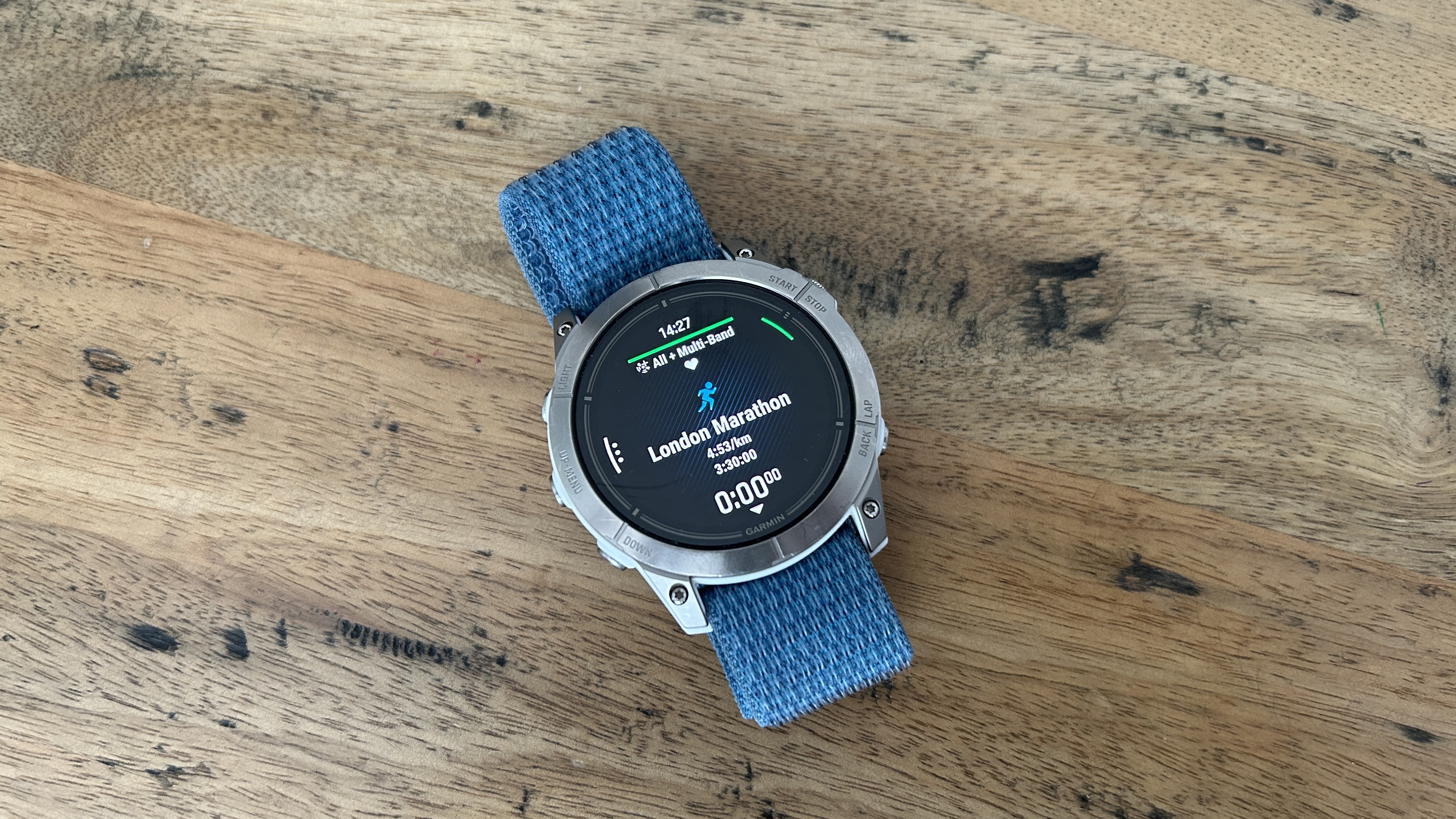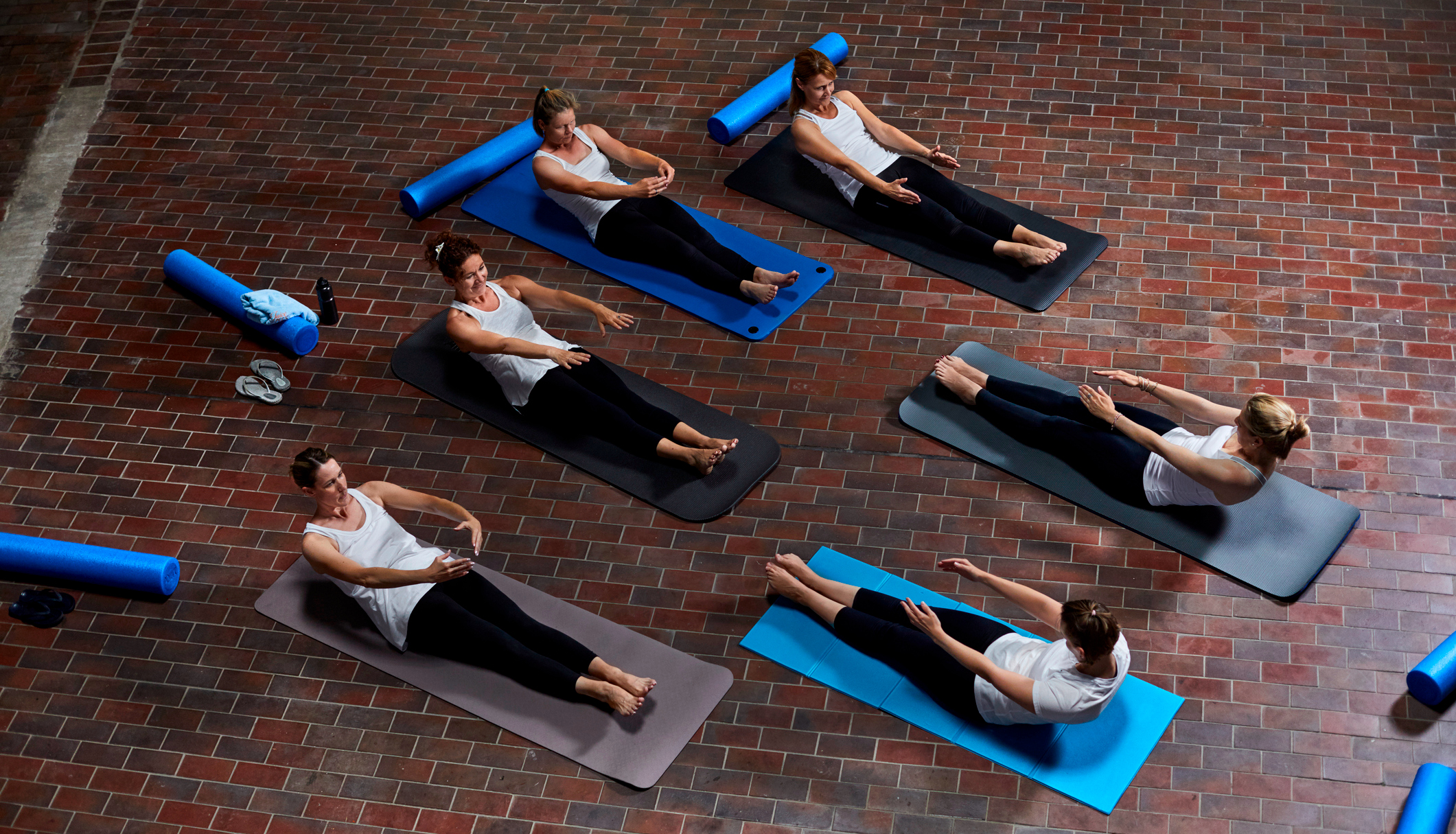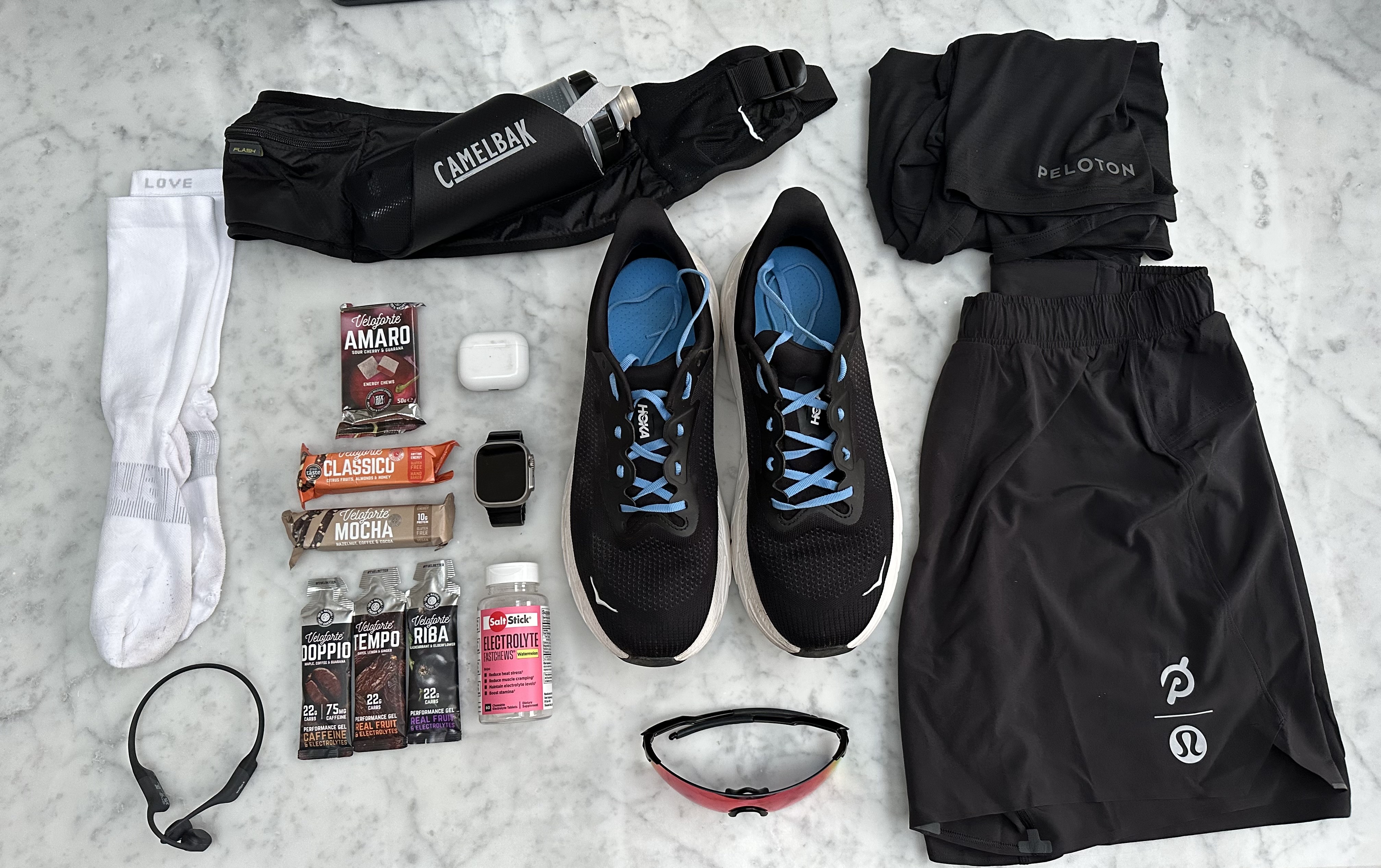How to keep your diet from killing your testosterone levels
Micronutrient deficiency causes many health problems – as well as low T-levels. Fix your nutrition before seeking out a miracle cure

‘Ultimately we’re a bunch of cells,’ says Dr Bryan Walsh, a contributor to nutrition coaching and research company Precision Nutrition. He believes in using nutritional principles to support your physiology instead of quick-fix drugs. Here he explains how if we keep our cells functioning with the right fuel, they’ll keep our testosterone levels healthy and us in optimal condition.
Testosterone is vital for building muscle, burning fat and an active sex drive. Levels don’t drop as you age, but the amount available for use in the body does. Drastic mood changes, long dips in motivation and struggling to build muscle are all warning signs, as is waking up without an erection more often than you do with one.
How to boost your testosterone levels.
Root cause
Stress, inflammation and toxins from food or cleaning products can all contribute to low testosterone. If you think you have low levels it’s important to get a comprehensive test from your GP – you could have the same symptoms as other people but the cause might be different. However, I believe the primary cause will be cell dysfunction.
Cells, including testicular cells, only need three things to be healthy: 1) fuel and the nutrients to use it, 2) the ability to get rid of free radicals and chemicals that damage cells, and 3) the optimum acidity levels and hydration environment for the cell to function. Micronutrients that we need in small quantities throughout life – including amino acids such as taurine, trace minerals such as selenium and vitamins such as B6 (pyridoxine) – serve in all these cellular processes. Without these, optimal function for building muscle or losing fat isn’t possible because the cells aren’t healthy.
Junk food
Unfortunately there’s no such thing as a ‘testosterone-boosting diet’. Zinc, which is commonly associated with boosting T-levels, will help if you’re deficient. If you’re not, like most people, it won’t make a jot of difference.
So what’s the solution? At the very least ensure you’re hitting the RDA for all your micronutrients, not just those such as zinc that are normally recommended. To do this, eat a varied diet of meat and veg, choosing organic whole foods that haven’t been contaminated by pesticides. Avoid processed foods too and as a good insurance take a daily multivitamin.
Get the Coach Newsletter
Sign up for workout ideas, training advice, reviews of the latest gear and more.
Ticking these nutrition boxes will keep your cells healthy, helping to correct and support their physiological mechanisms and avert any potential dips in performance – in the gym and the bedroom.
Reduce the deficit
The five most common macronutrient deficiencies
| Micronutrient | %Deficent | UK RDA for adults | Get it from |
|---|---|---|---|
| Vitamin E | 86% | 15mg | Chard, sunflower seeds and chillies |
| Folate | 75% | 0.4mg | Lentils, asparagus, brocolli |
| Calcium | 73% | 1,000mg | Tofu, pak choi, yogurt |
| Magnesium | 68% | 400mg | Spinach, pumpkin seeds, squash |
| Vitamin A | 55% | 0.9mg | Sweet potato, carrots, kale |
Coach is a health and fitness title. This byline is used for posting sponsored content, book extracts and the like. It is also used as a placeholder for articles published a long time ago when the original author is unclear. You can find out more about this publication and find the contact details of the editorial team on the About Us page.










